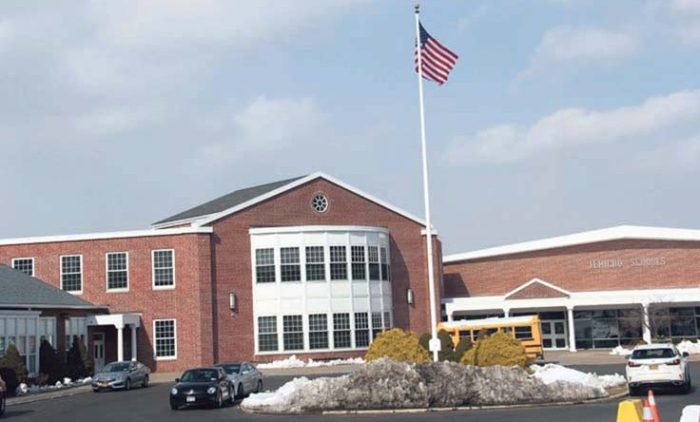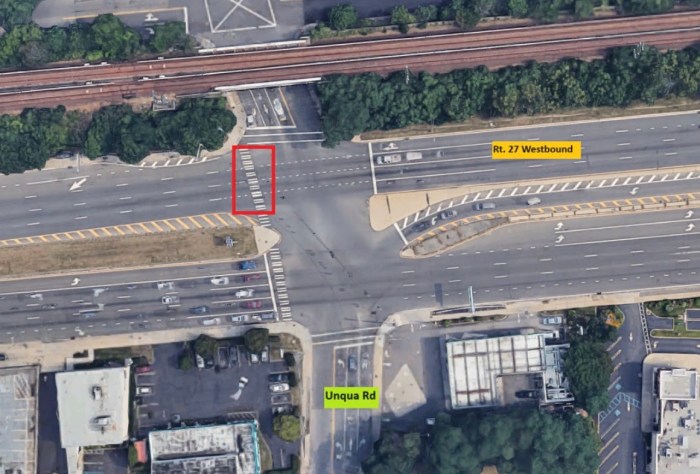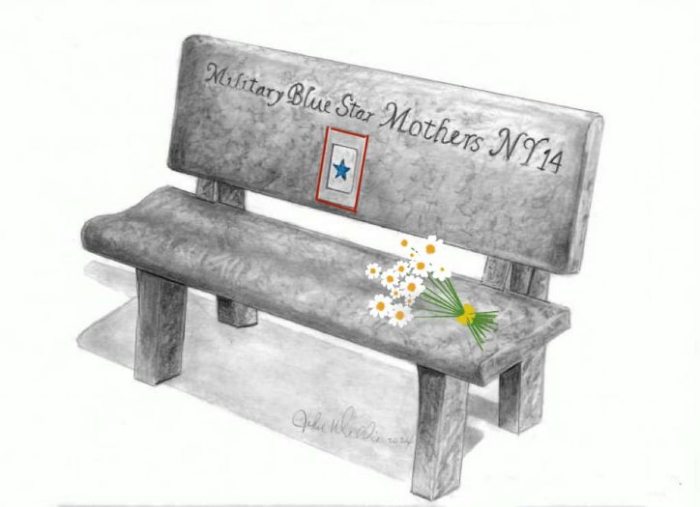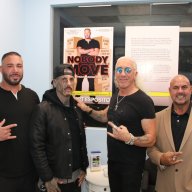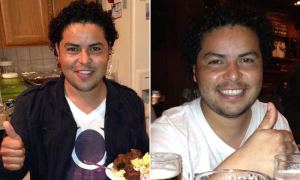
The Nassau County Police Department Homicide Squad arrested a 17-year-old juvenile from New Cassel in connection with the murder of Wilmer Maldonado Rodriguez, 36, on Feb. 2.
The juvenile, who was not named, was charged with murder in the second degree and was arraigned on Feb. 16 at First District Court in Hempstead.
Reports indicate that he is a MS-13 member and allegedly attacked Rodriguez on two previous occasions. Representatives of District Attorney Madeline Singas’ office could not be reached to confirm this and additional information.
Rodriguez was found bludgeoned to death behind an abandoned house at 1113 Broadway in New Cassel. He was listed as homeless by the police, though he was previously a resident of the hamlet.
The murder drew widespread interest because Rodriguez, according to law enforcement officials, was slated to testify against two of the nine MS-13 gang defendants who assaulted him in New Cassel back in December of 2018. He had reportedly intervened when the gang was harassing two teens.
The trial of the MS-13 defendants, Denis Pineda, 20, and Elian Ramos Velasquez, 19, was supposed to start Jan. 6, but has been delayed. They both pleaded not guilty to attempted murder.

Prosecutors had received from the court an order protecting the identity of Rodriguez and two others as victims and witnesses. In December, acting State Supreme Court Justice Helene Gugerty lifted the protective order in anticipation of the trial. Attorneys for both defendants have denied that they revealed the identity of any of the witnesses.
Police Commissioner Patrick Ryder, at a Feb. 5 press conference, stated that a “pattern of intimidation” began after the order protecting the witnesses’ names was lifted.
One of the witnesses was reportedly shot at on State Street in New Cassel on Jan. 30, according to Ryder, who added that Rodriguez escaped a beating the day before he was killed.
Ryder has criticized criminal justice reforms enacted by New York State last year, including cashless bails for a host of offenses and new discovery laws. Both took effect on Jan. 1 and have been criticized by prosecutors and law enforcement after a series of high-profile cases in which subjects went on committing the same crimes after being released.
The new discovery laws, in an effort to expedite the criminal justice process, compel prosecutors to give all the evidence they plan to use to the defense attorneys within 15 days of an arraignment for the vast majority of cases. Ryder has stated that this puts an undue burden on his department, which makes about 50 arrests per day. He has to divert personnel in order to gather the sometime voluminous material—including 911 phone logs, reports, victims’ names and contacts, etc.—to present to the defense. Under the old law, such material did not need to be presented until the actual trial started, and often, plea bargaining obviated the need for the material.
Though Ryder implied at his press conference that he blamed the new discovery law for the death of Rodriguez, he subsequently denied a direct link.



